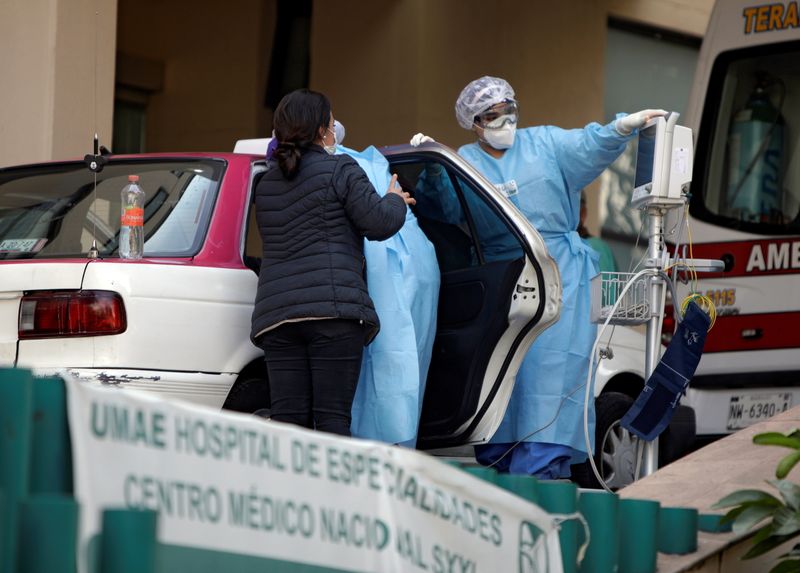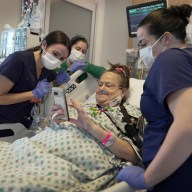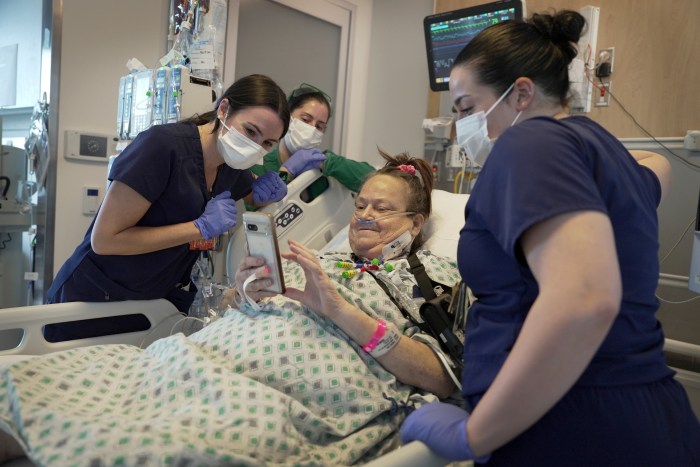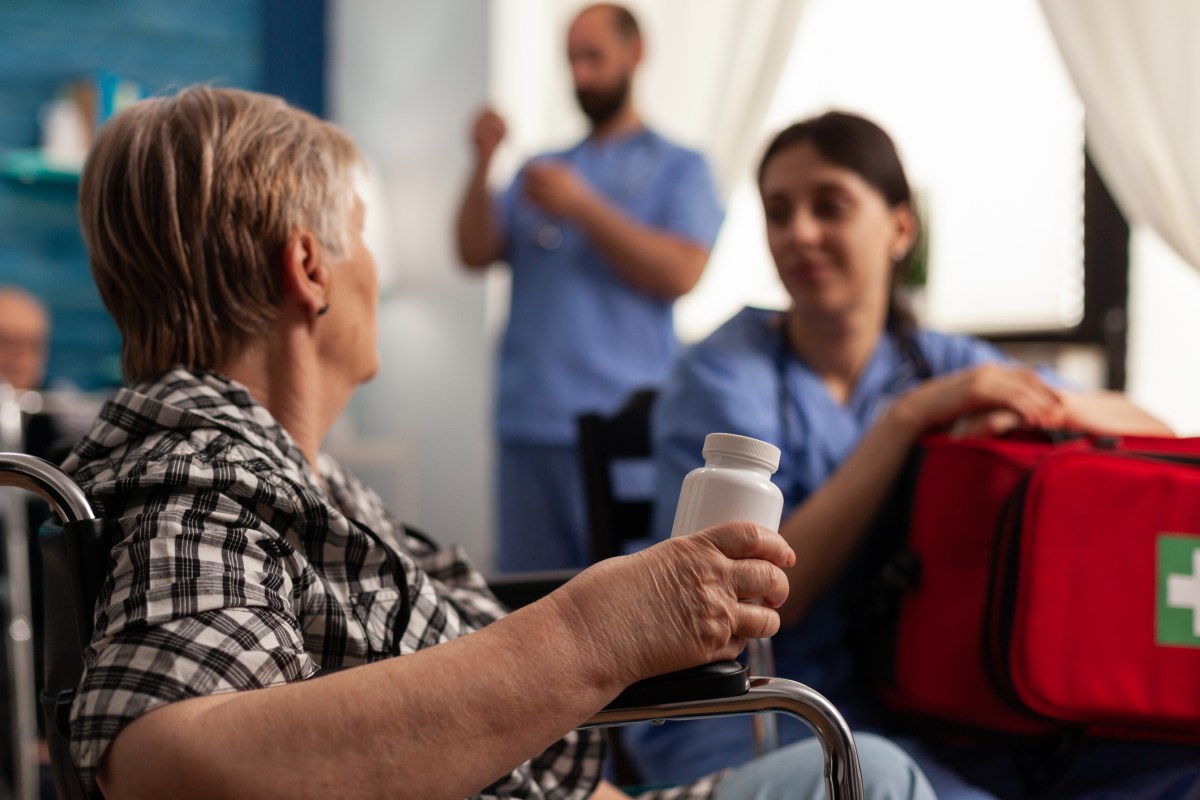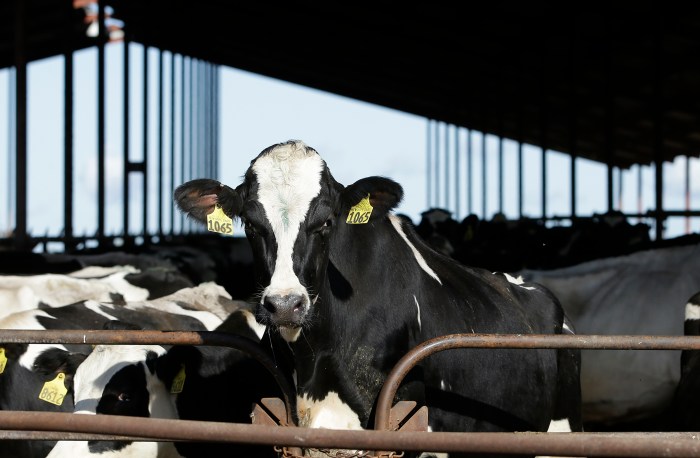MEXICO CITY (Reuters) – Mexico is considering acquiring 24 million doses of Russia’s Sputnik V COVID-19 vaccine and will receive its first batch of AstraZeneca jabs from Argentina to finish production of them, a top Mexican health official said.
Deputy Health Minister Hugo Lopez-Gatell, who traveled to Buenos Aires last week to discuss Argentina’s vaccination campaign using Sputnik and the production of AstraZeneca’s vaccine, said Mexico reached agreements to potentially acquire the Russian vaccine.
“We’re thinking that we could use up to 24 million doses of this vaccine, for 12 million people,” considering that Sputnik requires two doses, Lopez-Gatell told a regular evening news conference.
Citing “reasons of urgency,” Mexican President Andres Manuel Lopez Obrador said on Thursday that Lopez-Gatell would ask about Argentina’s experience with the Russian vaccine, including any adverse reactions, to see whether Mexico could also acquire it.
Additionally, Lopez-Gatell said the first batch of AstraZeneca vaccine doses produced in Argentina were en route to Mexico and would arrive later on Monday or Tuesday.
Both Mexico and Argentina have authorized use of the AstraZeneca vaccine. They plan to manufacture it jointly for distribution in Latin America. Mexico has said shots will be given starting in March.
Mexico is seeking to ramp up its vaccination campaign as coronavirus cases and deaths climb and hospitals in Mexico City and the neighboring State of Mexico near capacity.
On Monday, Mexico reported 7,594 new confirmed coronavirus cases and 662 more fatalities, bringing its total to 1,541,633 infections and 134,368 deaths.
The real number of infected people and deaths is likely significantly higher than the official count, the Health Ministry has said, because of little testing.
(Reporting by Anthony Esposito; Additional reporting by Noe Torres; Editing by Kim Coghill and Peter Cooney)

